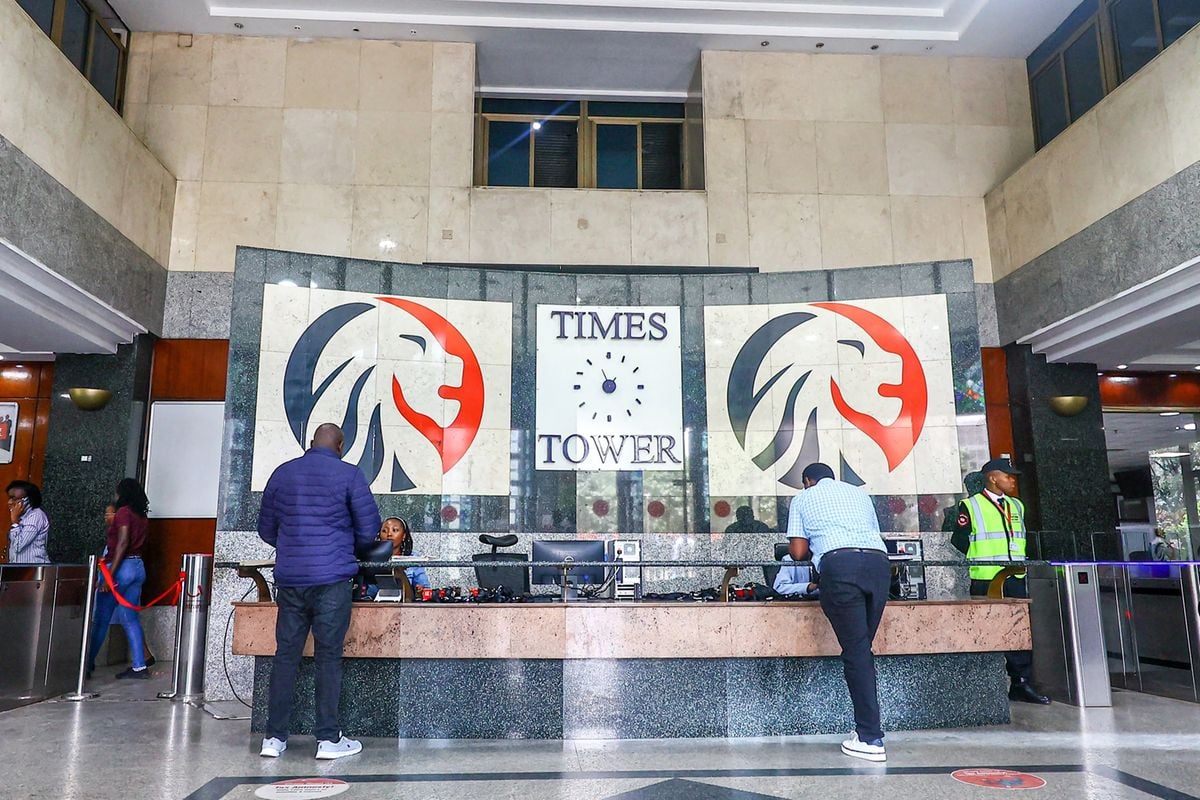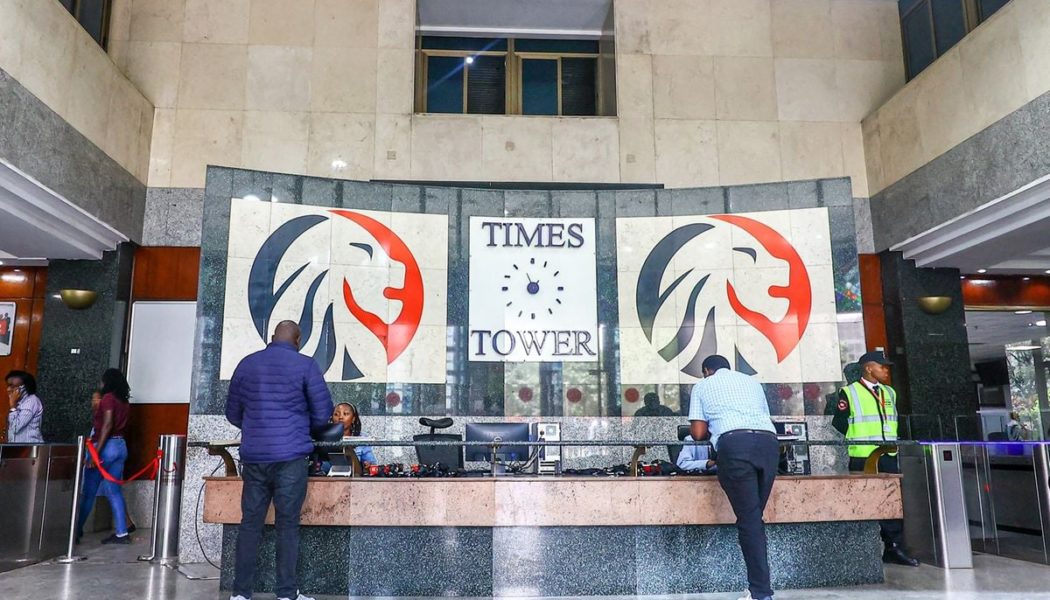
The Kenya Revenue Authority (KRA) has started integrating its system with banks, money remittance firms and payment service providers like M-Pesa in fresh efforts to weed out tax evaders and boost revenue by billions of shillings.
The taxman has started sending letters to chief executives of the institutions demanding the firms link their systems to that of the KRA for real-time visibility of financial transactions in line with a law that passed via the Finance Act, 2023.
Telecommunications firms offering e-money and banks expected to provide names and addresses of each person to whom a payment has been made as well as the value and why the expense is being done.
The KRA is focused on payments being done by businesses for supply of goods and services, consultancy services, commissions and royalties amid concerns of under-declaration.
To shore up revenue, President William Ruto’s administration has deepened its crackdown on tax cheats and it is expected to be more aggressive following the withdrawal of this year’s Finance Bill after the June-July protests that left over 50 people dead.
“The purpose of this letter is to notify you of the implementation of the KRA system and to inform you that you are required to integrate your system with it for real-time transmission of sale transactions and financial transaction,” KRA said in a letter to a chief executive of a top bank and seen by the Business Daily.
“The transmission of the electronic data will be at the point of payment through a digital payment service or at the point of undertaking a financial transaction.”
The letter did not give more details on the plan but the government has previously said the financial accounts of tens of millions of mobile phones in Kenya offered a chance to boost revenue.
“KRA is targeting to integrate with commercial banks, payment service providers (PSPs), microfinance and money remittance. The number is 107 at the moment,” said a KRA manager, who asked not to be named.
The Finance Act changed the law in 2023 allowing the KRA to integrate its system with any company for real-time monitoring of financial transactions.
“The Commissioner may establish a Data Management and Reporting System for the submission of electronic documents, including detailed transactional data,” says section 59A of the Tax Procedures Act reads.
“The electronic documents referred to include electronic invoice returns of payments made by a person in the ordinary course of business where goods were exchanged for consideration by a person not employed in the business.”
This is the first time the taxman is using the regulations in a big way to target corporate bodies.
The plan by the Treasury to access sensitive personal data like details of properties owned and bank accounts as well cash transfer on mobile phones without a court warrant was scampered by the withdrawal of the Finance Bill, 2024.
The Treasury proposed to amend the Data Protection Act, 2019, through the Finance Bill, to allow the KRA unfettered access to sensitive information held by data controllers and processors, including banks, telecoms operators, utilities, schools, land registries and the National Transport and Safety Authority (NTSA).
The Finance Bill also proposed to integrate the databases of these data controllers and processors with the KRA’s digital system, known as the i-Tax, in a far-reaching move that legal practitioners have described as “worrying.”
The KRA wants to leverage on increased use of data and linkages between its systems with third parties such as banks and mobile money platforms like M-Pesa to track taxpayers’ activities, use of Internet-enabled cameras at excisable goods processing plants and full rollout of digital electronic tax registers (ETRs) to grow revenue.
President Ruto scrapped the Finance Bill containing the tax increases in response to the mass youth-led protests that has created the biggest crisis of his two-year-old presidency.
He proposed spending cuts and additional borrowing in roughly equal measure to fill a nearly Sh345 billion budget hole caused by his withdrawal of planned tax hikes.
To ease the pain, Kenya has launched an aggressive crackdown on tax cheats.
The KRA’s enforcement unit has enhanced use of various databases to pursue suspected tax cheats, including bank statements, import records, motor vehicle registration details, Kenya Power records, water bills and data from the Kenya Civil Aviation Authority (KCCA), which reveals individuals who own assets such as aircraft.
Car registration details are also being used to smoke out individuals who are driving high-end vehicles but have little to show in terms of taxes remitted.
Kenya Power meter registrations are also helping the taxman to identify landlords, some of whom have been slapped with huge tax demands.
The agency, which has perennially fallen short of ambitious revenue goals set by the Treasury, traditionally relied on random audits to catch cheats.
Such assessments, however, delivered little evidence of evasion amongst the super-rich individuals who usually use sophisticated accounting techniques which are difficult to trace, including offshore tax shelters.
The taxman cranked up the clampdown following reports that the super-rich, especially those with political connections, have hidden wealth in trusts and a labyrinth of companies to evade taxes.









